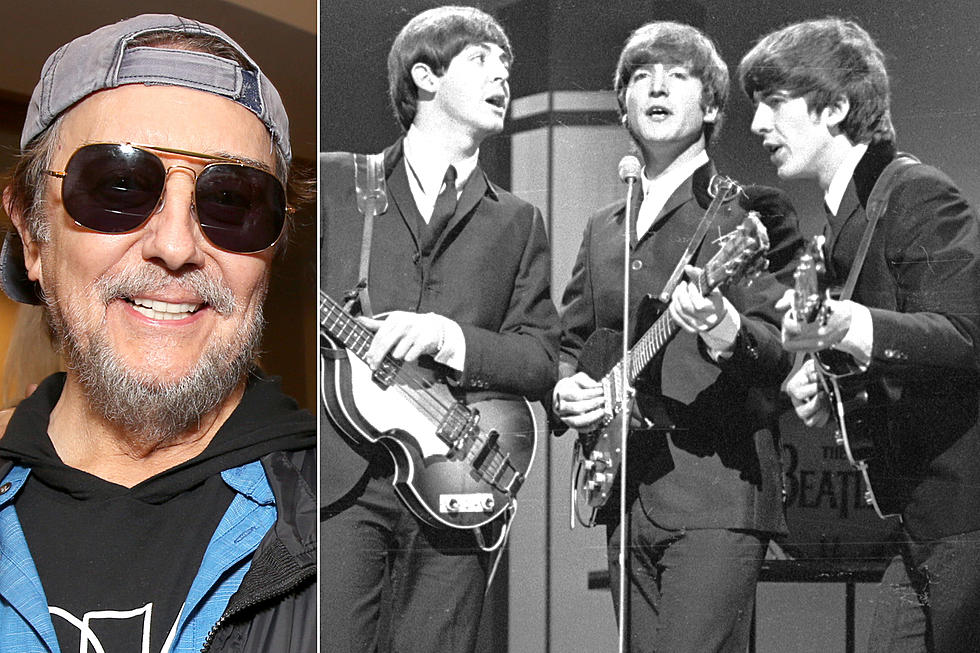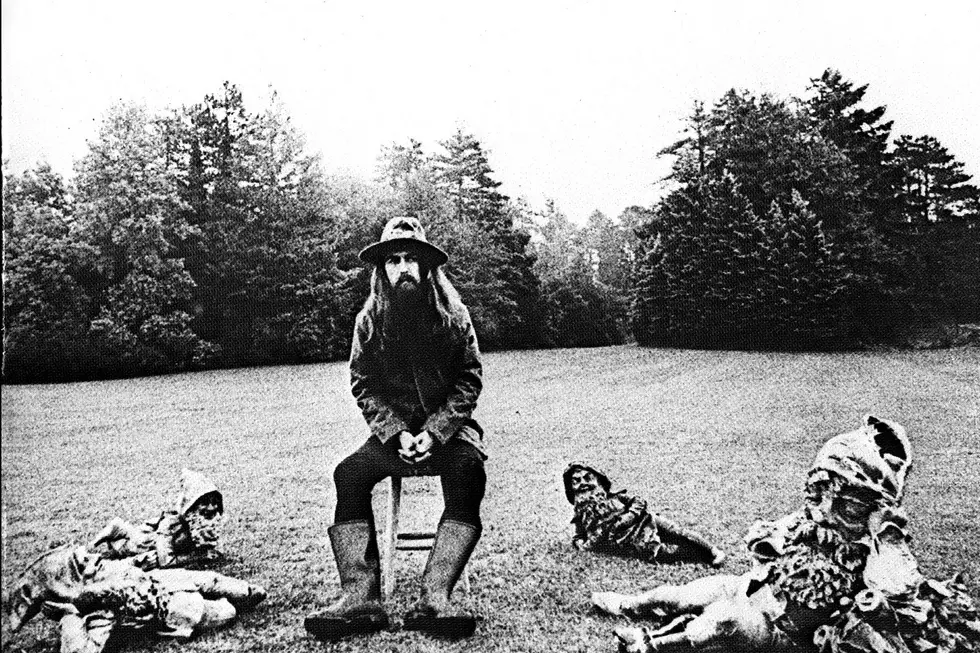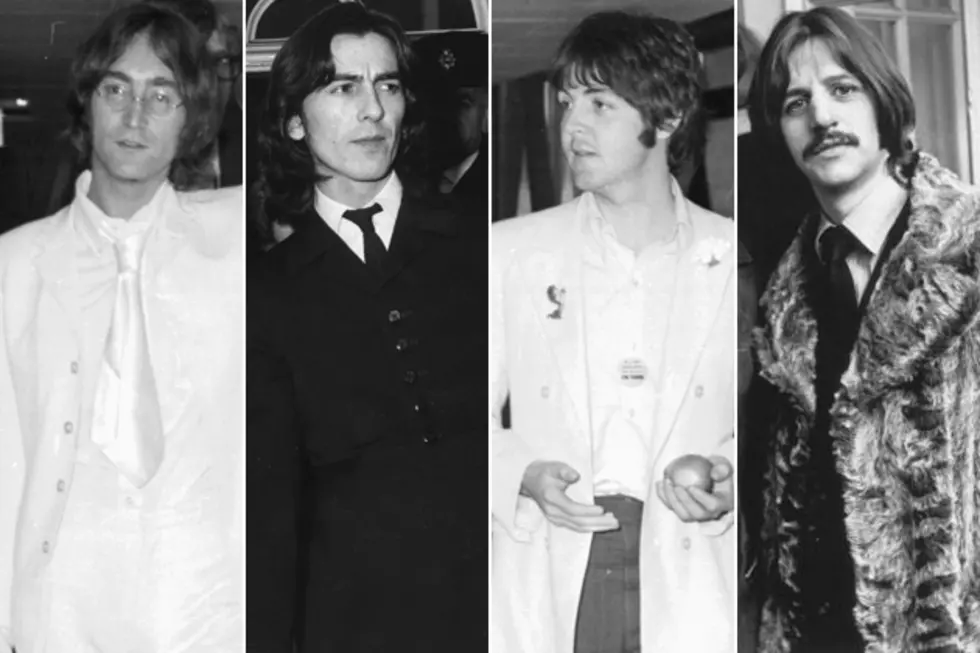
George Harrison, ‘All Things Must Pass – 50th Anniversary: Super Deluxe': Album Review
Paul McCartney had gotten there earlier. So had Ringo Starr and even John Lennon with some singles. And technically speaking so had George Harrison.
But with 1970's All Things Must Pass, the Quiet Beatle finally released his first proper solo album, a warts-and-all three-record declaration of independence that corralled a career's worth of frustrations and ambitions into its 105-minute running time.
Harrison's years leading up to the Beatles' breakup in early 1970 were filled with two experimental and mostly instrumental solo records, a growing aggravation with Lennon and McCartney's insistence on dominating the group's songwriting, and disillusioned walkouts as recording sessions became more and more contentious. So when All Things Must Pass arrived in November that year, it sounded like a huge exhale by an artist who'd been asked to hold it all in far past the usual tolerance levels.
Sure, Sides Five and Six were unwieldy and thinly thought out compared to the preceding two records, and the immediately hooking songs came early, leaving the more introspective tracks for later. But there's no doubt it's a revelatory artist statement, more so than McCartney's self-titled album and on par with Lennon's Plastic Ono Band. As far as solo records by disgruntled band members go, All Things Must Pass is the king of the heap.
A six-disc 50th Anniversary Super Deluxe edition of the landmark LP (one of those discs is a Blu-ray featuring surround mixes) documents the overall looseness and occasional urgency to deliver a record that would show Harrison's former bandmates just what they'd been neglecting for the past decade. Across 70 tracks, more than half of them previously unreleased, the album's evolution unspools via demos, outtakes and alternate versions, and it's a pretty remarkable journey.
It's also a journey that left for its destination almost fully formed. First-day demos of "All Things Must Pass" and "Behind That Locked Door" recorded on May 26, 1970, with bassist Klaus Voormann and Starr on drums gained little more than a smattering of producer Phil Spector's polish (and some horns and strings) in their completed states. The more spare takes Harrison undertook himself the following day with just an acoustic guitar benefitted a bit more from the studio upgrade.
Still, Harrison went into the project with a mostly determined mindset. You can hear it in early and alternate versions of songs like "Isn't It a Pity" and "Run of the Mill" that didn't stray too far from the template, as well as in the eventually discarded pop hymn "Cosmic Empire." Nearly every track – from the exalting "My Sweet Lord," the first solo No. 1 by a Beatle, to the White Album-era "Sour Milk Sea" – seemed to have purpose on All Things Must Pass. (It's debatable though how much pre-thought actually went into the jams "I Remember Jeep" and "Thanks for the Pepperoni.")
A disc of outtakes ranges from instructive (an early version of "Art of Dying" in which Harrison shows his bandmates, including Starr, when to start playing) and inspired (on-the-fly blues featuring four-fifths of Derek and the Dominos) to exasperated ("Isn't it so shitty, isn't it a pain, how we do so many takes? Now we're doing it again," Harrison sings on Take 14 of "Isn't It a Pity") and yeah-why-not (a first stab at the throwaway "It's Johnny's Birthday").
The remixed album is now punchier but keeps the primary focus on the songs. And Harrison was never better than here: "My Sweet Lord," "Isn't It a Pity," "What Is Life," "Awaiting on You All" and All Things Must Pass' title track sound sharp in their upgraded environment – but, really, they would stand out in almost any situation.
More fulfilling than any of his former bandmates' solo outings, and more joyous too as it celebrates Harrison's emancipation, All Things Must Pass, a half-century on, serves as the musical template for artists moving on. This set nimbly charts its triumphant and defiantly immovable path.
George Harrison Albums Ranked
You Think You Know the Beatles?
More From Ultimate Classic Rock









